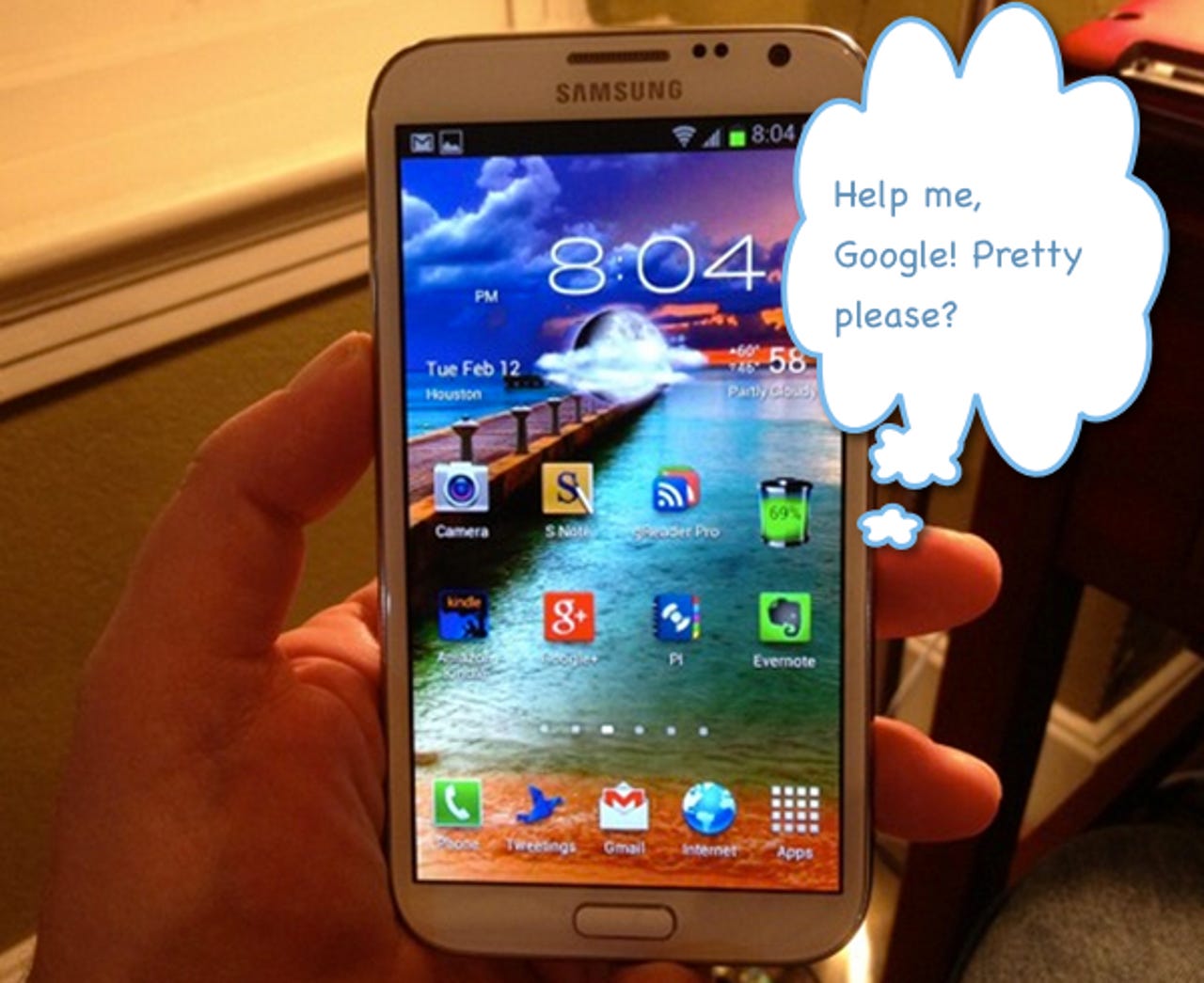Google on Android updates: We're still working on it


Almost every discussion about Android ends up covering the spotty update process. Android phone and tablet owners never know if or when their device will get the shiny new version of Android from Google. The reality is the update process is still firmly controlled by the carriers and the OEMs, and they don't have the end user foremost in mind. That's not likely to change any time soon, if ever, but according to an interview by Wired of Google's Sundar Pichai, the company is still trying to figure out how to make it better.
Pichai is the executive now in charge of both Chrome and Android, so he ought to know about Google's efforts in regards to the Android update process. The problem is, he isn't indicating anything that hasn't been known for years. Pichai made this statement to Wired that indicates Google hasn't figured out updates yet:
We are thinking about how to make Android handle updates better. We see ways we can do this. It’s early days. We’re talking with our partners and working our way through it. We need time to figure out the mechanics, but it’s definitely an area of focus for me and for the team.
Actually, it's not really early days. Android has been out for several years and has grown to have a big global market share. There are millions of Android device owners still waiting for help from Google to keep their phones and tablets with the latest features on the platform.
Buyers of Android phones and tablets have the right to expect regular updates for the reasonable life of those products.
Not getting reliable updates on Android is not just about missing shiny new features, it means missing security updates that keep users safe. It means a lack of bug fixes that prevent proper operation of the gadgets. More importantly, it means a huge user base that doesn't feel like Google has its back. That's not a good situation for any company dealing directly with the buying public.
In the interview, Pichai didn't mention the Update Alliance that Google proudly unveiled in 2011. That's because it's likely dead and buried as Google has not mentioned it in two years. You may not remember, but that's the alliance that Google forged to get carriers and OEMs in line to give proper updates to their customers. Sounds like Pichai's recent statement of Google's "talking with our partners and working our way through it" would be a lot further along if the company simply pushed to get that alliance doing something.
I have regularly implored Google to do something to fix the update situation. Buyers of Android phones and tablets have the right to expect regular updates for the reasonable life of those products. How long that might be is up for interpretation, but somewhere around 18 months sounds reasonable to me.
I've even suggested that Android device owners, enough of them to make it worthwhile, anyway, would be willing to pay a reasonable fee to get regular updates — a subscription service like those being adopted by big companies like Microsoft. Anything to get updates as soon as possible and regularly is perfectly acceptable.
Maybe it's time for Google to separate the hardware layer of Android from the core OS. I'm sure Google has the talent to do that, and fairly quickly. This would allow the company to push the core OS updates to every Android device owner, while putting the onus on OEMs and carriers to get the hardware layer updated to work with it. They'd likely have to do that rapidly as the OS update might break some operation of the hardware. The OEMs would have to respond to that quickly or face scores of customers unhappy with their broken gadget. That would certainly force them to do what's right for the customer.
Anytime there's a discussion about the broken Android update system there are those who point out that buyers should just buy Google Nexus products or be quiet. First of all, that hasn't always been true that all Nexus devices get fast updates. Plus, that's not a reasonable response, as customers spending several hundred dollars on Android products deserve to get a reasonable life out of them with all the updates given to other devices. That includes the fixes Android updates bring to the table. So Google needs to do more than just talk with partners, they need to get them in line.
Related posts:
- How to fix the Android update mess: Paid updates
- New Year's resolution for Google: Fix the Android update situation
- Cutting through the FUD about Windows Phone updates
- Microsoft is in the driver’s seat for Windows Phone updates
- AT&T’s business model: why your mobile bill keeps going up
- The Flawed Android Update Process; Too Many Cooks
- Will the new Android consortium fix the update fiasco?